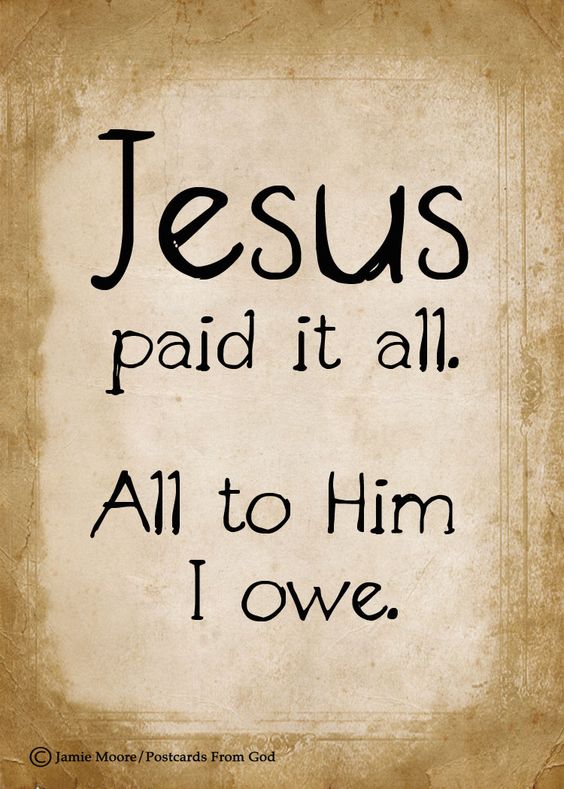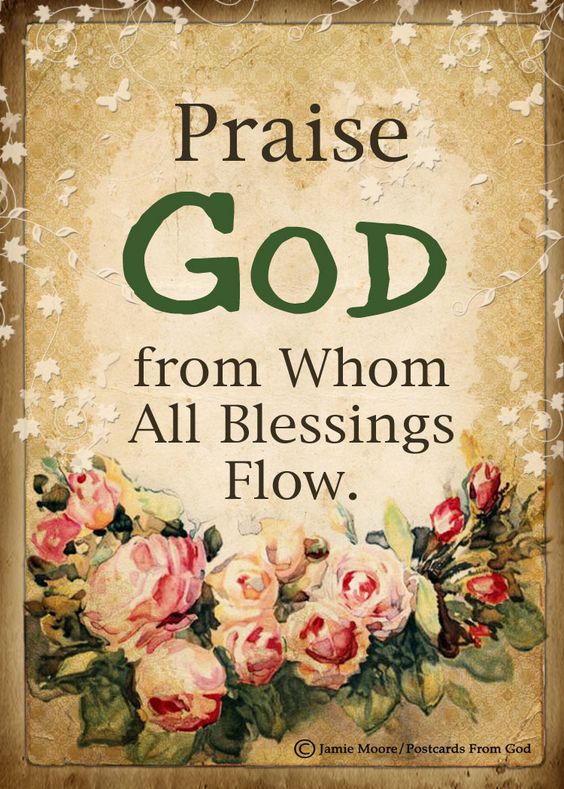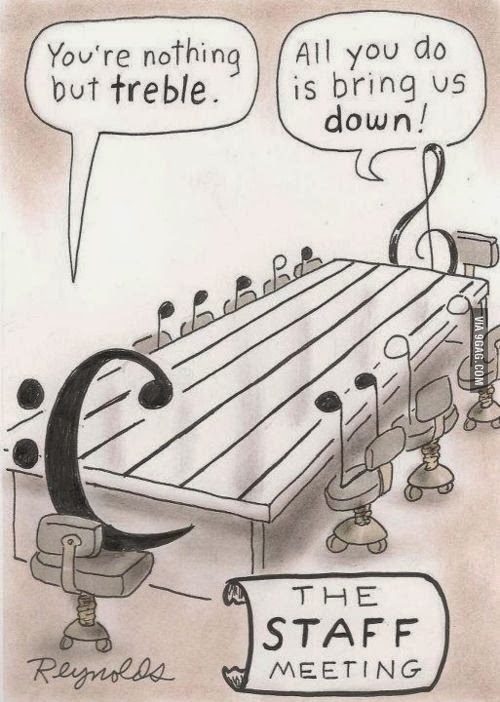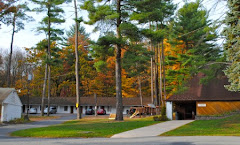Julia Harriet Johnston (1849-1919) was the daughter of a Presbyterian minister who served First Presbyterian Church for many years in Peoria, Ill. Julia became a Sunday school teacher and for 41 years was head of the infant class in the children's department. In addition, for twenty years, Julia was president of the Presbyterian Missionary Society of Peoria which had been founded by her mother. Also a prolific author, she produced primary Sunday school lesson material for the David C. Cook Publishing Co. She also wrote about 500 hymn texts. Today her reputation as a hymn writer rests primarily upon the hymn "Grace Greater than Our Sin." We don't know what led her to write the words to this week's choice, but her inspiration might have been 1 Timothy 2:6, "Christ Jesus…gave Himself as a ransom for all men." The verses of the hymn trace the glorious story from the time that we were lost in sin and sadness, to his sacrifice to ransom us, to the point where we became trophies of his grace, and finally to the time when we will eternally join the hosts in singing to Him, the King of Love. And our response should be "Hallelujah! what a Saviour who can take a poor lost sinner and lift him from the miry clay and set us free!" And if you've experienced this in your life you should also want to always tell the story, shouting Glory! Glory! Glory! I love this song of testimony and victory because I have personally experienced this. Have you? I hope that this be a constant reminder to you throughout this week of what Jesus has done for you.
1. There's a sweet and blessed story
Of the Christ who came from glory,
Just to rescue me from sin and misery;
He in loving-kindness sought me,
And from sin and shame hath brought me,
Hallelujah! Jesus ransomed me.
Refrain:
Hallelujah! what a Savior,
Who can take a poor, lost sinner,
Lift him from the miry clay and set me free!
I will ever tell the story,
Shouting glory, glory, glory,
Hallelujah! Jesus lifted me.
Of the Christ who came from glory,
Just to rescue me from sin and misery;
He in loving-kindness sought me,
And from sin and shame hath brought me,
Hallelujah! Jesus ransomed me.
Refrain:
Hallelujah! what a Savior,
Who can take a poor, lost sinner,
Lift him from the miry clay and set me free!
I will ever tell the story,
Shouting glory, glory, glory,
Hallelujah! Jesus lifted me.
2. From the depth of sin and sadness
To the heights of joy and gladness
Jesus lifted me, in mercy full and free;
With His precious blood He bought me,
When I knew Him not, He sought me,
And in love divine He ransomed me.
Hallelujah! what a Savior,
Who can take a poor, lost sinner,
Lift him from the miry clay and set me free!
I will ever tell the story,
Shouting glory, glory, glory,
Hallelujah! Jesus lifted me.
3. From the throne of heav'nly glory—
Oh, the sweet and blessed story!—
Jesus came to lift the lost in sin and woe
Into liberty all-glorious,
Trophies of His grace victorious,
Evermore rejoicing here below.
Hallelujah! what a Savior,
Who can take a poor, lost sinner,
Lift him from the miry clay and set me free!
I will ever tell the story,
Shouting glory, glory, glory,
Hallelujah! Jesus lifted me.
4. By and by, with joy increasing,
And with gratitude unceasing,
Lifted up with Christ forevermore to be,
I will join the hosts there singing,
In the anthem ever ringing,
To the King of Love who ransomed me.
Hallelujah! what a Savior,
Who can take a poor, lost sinner,
Lift him from the miry clay and set me free!
I will ever tell the story,
Shouting glory, glory, glory,
Hallelujah! Jesus lifted me.
Listen to it here. LISTEN






















